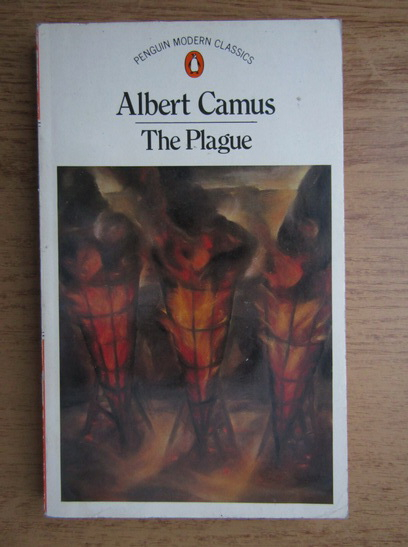
In Camus’ creative work, silence is everywhere. Given the circumstances of his youth, it is perhaps unsurprising that his last form of political protest was a refusal to speak.

Camus’ regular bouts of tuberculosis-contracted when he was 17-placed him, as he struggled for breath, in a “monastery” of “silence.” And then there were, as Camus put it, the “silenced and subjugated” Arabs whom he grew up alongside in Algeria. The poet and scholar Stephen Watson described her as a Christ-like figure in Camus’ religionless world. His mother, who was partly deaf and spoke so little that people assumed she was mute, was a mysterious figure in his life.

The writer and philosopher Albert Camus grew up in a world of silences in a working class suburb in Algiers.


 0 kommentar(er)
0 kommentar(er)
